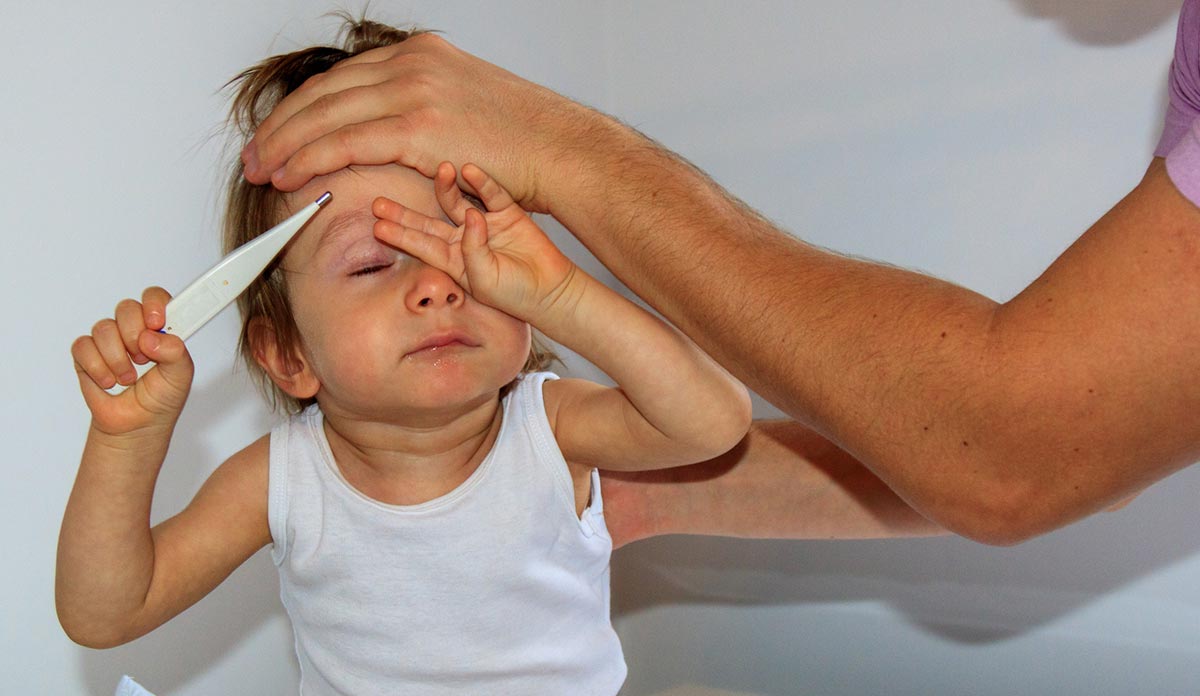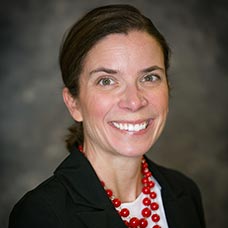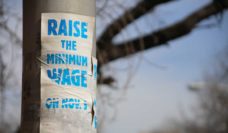You wake up in the middle of the night and hear your daughter crying. You place your hand on her forehead and notice she has a fever. For over a quarter of American workers, this is a situation that could compromise their family’s livelihood. Indeed, most workers occasionally need to take off time from work to recuperate from an illness or to seek preventive or acute medical care for themselves or a loved one. As a result, 28% of workers risk losing a day’s wage and are at risk of being fired.
Most people are probably not aware that vigorous legislative activity is happening around the country regarding a little-understood public health issue: paid sick leave. Indeed, in the last decade, 9 states and 32 localities have passed laws mandating paid sick leave benefits for certain groups of employees. At the same time, 15 states have passed preemptive legislation that prevents such mandates. Our team of researchers from Cleveland State University and Florida Atlantic University, led by myself, Dr. LeaAnne DeRigne, and Dr. Linda Quinn has been working to develop an evidence base that can be used to inform these political decisions. We used two highly regarded, nationally representative datasets to analyze trends, while controlling for other variables that might explain the relationships we found. We reported our findings in a series of peer reviewed published papers over the last four years.
Time and again we found paid sick leave is significantly related to health-related variables. Indeed, workers who lack paid sick leave are less likely to receive eight preventive care services including monitoring of blood pressure, cholesterol, and blood sugar; certain cancer screenings; and the flu shot. This is particularly important since workers who lack paid sick leave are also more likely to attend work while sick, which increases the spread of disease.
A cascading effect occurs where workers who lack paid sick leave are more likely to delay or forgo needed care for themselves and their family members.
A cascading effect occurs where workers who lack paid sick leave are more likely to delay or forgo needed care for themselves and their family members. As a result, medical conditions may become more complicated and expensive to treat. Not surprisingly, workers who lack paid sick leave are more likely to have higher health care costs compared to workers who have paid sick leave benefits. Correspondingly, workers who lack paid sick leave are more likely to worry about finances and have symptoms of psychological distress. They are also more likely to be poor and need welfare benefits.
The American Public Health Association endorses paid sick leave, but currently the United States lags behind other nations when it comes to mandating paid sick leave benefits. Some initial research regarding the ideal number of paid sick days suggests six to ten or more paid sick days are needed before changes in worker’s preventive health care seeking are observed. More research is needed.
Offering paid sick leave benefits is good for business, reducing “presenteeism” costs, errors in production, workplace injuries, and the spread of contagious illness in the workplace.
Offering paid sick leave benefits is good for business, reducing “presenteeism” costs (i.e. reduced productivity due to attending work while sick), errors in production, workplace injuries, and the spread of contagious illness in the workplace. Public health advocates have constructed a possible policy option for paid sick leave distinct from Family Medical Leave Act, which provides up to 12 weeks of unpaid, job-protected leave for some workers with long-term chronic health conditions. At the federal level, The Healthy Families Act has been proposed to provide workers employed by businesses with at least 15 employees an opportunity to earn up to seven paid sick days annually. Workers employed by businesses with fewer than 15 workers could earn up to 7 unpaid sick days.
Overall, the evidence base regarding paid sick leave has rapidly increased over the last five years. Our hope is that existing and future policy will be evaluated in light of the evidence.
Feature image: Lucaa15/iStock













